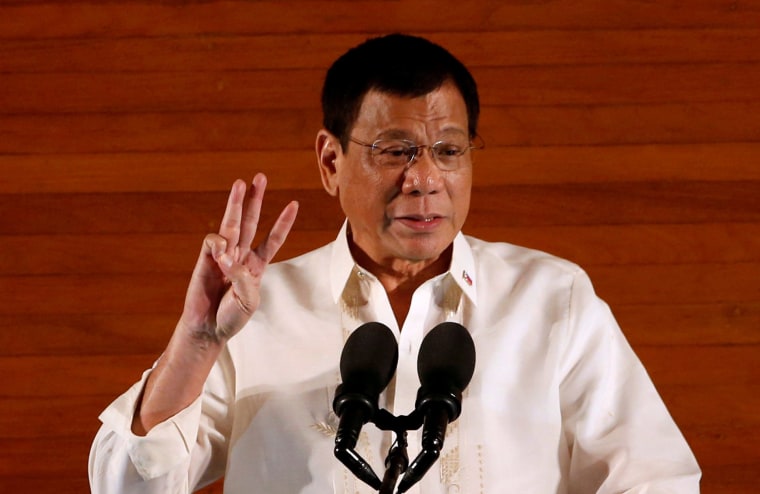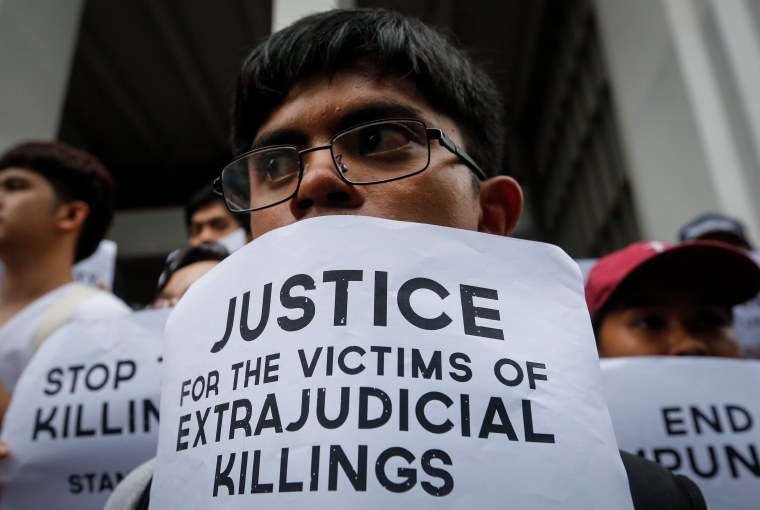BEIJING, China - The Philippines’ presidential envoy held his first “private” talks with counterparts in China Thursday, signaling a potential pivot away from the United States as Washington and Manila grapple with a rare diplomatic row.
The Philippine special envoy to China, ex-President Fidel Ramos, was in Hong Kong for a meeting with former top diplomat Fu Ying and South China Sea expert Wu Shicun, according to knowledgeable sources who spoke earlier on condition of anonymity.
Fu Ying was China’s former deputy foreign minister and ambassador to Manila and London, while Wu is president of China’s top think-tank on South China Sea disputes. Both are believed to be influential advisers on the bitter maritime standoff that has soured ties with the Philippine and other neighbors.
Ramos earlier told reporters his mission was "to look for some old friends who have links to high officials in Beijing ... to help pave the way, break the ice and rekindle the friendship that we had.”

Philippine President Rodrigo Duterte, described by some media as his region’s version of Donald Trump, is a straight-talker whose ruthless crackdown on drugs has reportedly led to the death of to more than 500 suspected dealers.
Duterte has also warned he could declare martial law if opponents interfere with his program of suspected extra-judicial killing, for which the U.S. had expressed human rights concerns.
It comes after Washington announced Monday that it had summoned the Philippine envoy to clarify insulting and “inappropriate comments” made by Duterte about U.S. ambassador Philip Goldberg.
“We have asked the Philippines charge to come into the State Department to clarify those remarks,” the department’s spokeswoman Elizabeth Trudeau said.
In televised remarks, Duterte called Goldberg “gay” and described him using a common local slur.
Trudeau also said the U.S. had also expressed concern at Duterte’s reign of terror against drugs that has seem more than 4,400 arrested while nearly 600,000 others have surrendered for fear of being killed, according to Philippine media reports.
"We are concerned by these detentions, as well as the extrajudicial killing of individuals suspected to be involved in drug activity in the Philippines," said Trudeau.

"We strongly urge the Philippines to ensure its law enforcement efforts comply with its human rights obligations,” she added.
Analysts believe the Philippines will seek greater cooperation with China as big drug lords are believed to operate their international syndicates from that country.
Last month, the Chinese embassy in Manila offered “effective cooperation” with the Philippine president, calling the drug fight “a shared responsibility of all countries.”
Despite his “shock and awe” drug campaign, Duterte still enjoys “high trust rating from the public,” according to Ramon Casiple, director of the Philippine Institute for Political and Electoral Reform.
“But the grounds are there for possible weakening of the public support in the future, “ he told NBC News, citing various reforms and controversial issues “that may engender opposition from the landed elite, business, and possibly from other political blocs.”